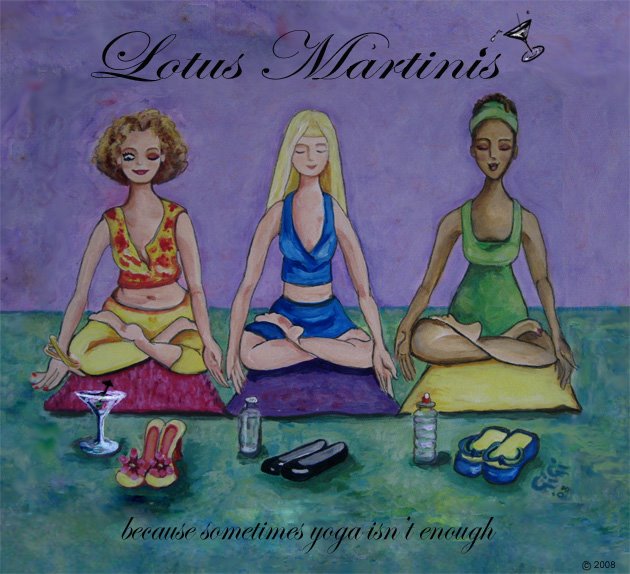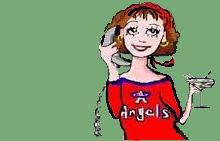skip to main |
skip to sidebar



*Editor's note : editor speaks only Pidgin French and takes no responsibility for poorly spelled words, misuse of grammar or improperly applied art historical concepts. Please direct all complaints to: Monsieur J. O'Donnell, 7th grade French, Spring Field Jr High School.**
**
Name changed to protect editor's Alma Mater
 It has finally come to pass. My second life avatar is more creative than I am.
It has finally come to pass. My second life avatar is more creative than I am.
In his review of the recently published "You Are Not a Gadget: A Manifesto" by Jaron Lanier for the LA Times, Ben Ehrenreich writes:
Despite the binary nature of his own neural wiring, each synapse an on/off switch, passing electrochemical messages from axon to dendrite, Jaron Lanier will be the first to tell you that the mind is not a digital device. We are analog creatures, staticky and mysterious, resistant to the normalizing containment of code. Lanier's mind has few apparent boundaries. It grapples with zombies and "gray goo," "inner trolls" and the "lords of the computing clouds," with "cephalopod envy" and "songles" -- with "the mystery of Bengalese finch musicality" and the bucket containing all red things.
This is heady stuff. I have never heard of Mr. Lanier before, but am awed by the apparently limitless scope of his mind. An enthusiastic fan of the virtual reality experience, I understand little to none of the technology which enables it, believing myself to be disappearing into it's fantastical realms by virtue of my childlike sense of wonderment, a smattering of pixel dust and an added gig of memory.
But I am intrigued by his stated original intention to create "something that would take the extreme possibilities of internal experience and bring them into a realm where they're shared with people instead of being sources of isolation." This, as Ehrenreich states, is essentially the definition of art, going on to describe Lanier's "fundamentally humanist faith in technology, a belief that wisely designed machines can bring us closer together by expanding the possibilities of creative self-expression."
The early days were filled with promise as "Individuals created free-form home pages, posting poems, theories, rants, pictures of their cats and, importantly, links to the pages of like-minded kooks. Lonely eccentricities quickly spawned communities. People behaved not as passive consumers but as active creators of their own culture."
Sound familiar? I miss those giddy, unselfconsciously idiosyncratic pages ~ everyone a poet, an artist, a writer, a pundit, a star. I've often wondered whatever happened to them.According to Lanier, commercialization led to the devolvement of such free-wheeling creativity into what he describes as 'cybernetic totalism.'"The hive mind is for the most part stupid and boring," asserts Lanier. "Why pay attention to it?" Why, indeed. Social networking sites like Facebook "confine creativity to preestablished fields, reducing our oceanic complexities to 'multiple-choice identities' that can be sold to marketing databases." I am sorely tempted to buy this book, but as fascinating as all this is I confess I only understood about half of what was discussed in the review; I am certain I could not wrap my brain around anything as weighty as a manifesto. Still, I am motivated again to use the tools at my disposal in a freer, more imaginative, individualistic manner. Can't let my avatar have all the fun.










